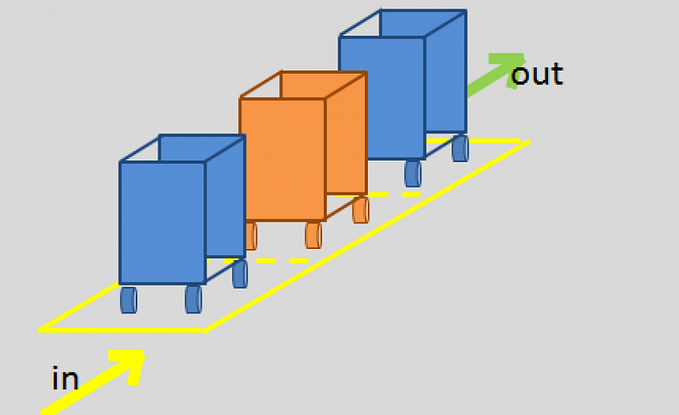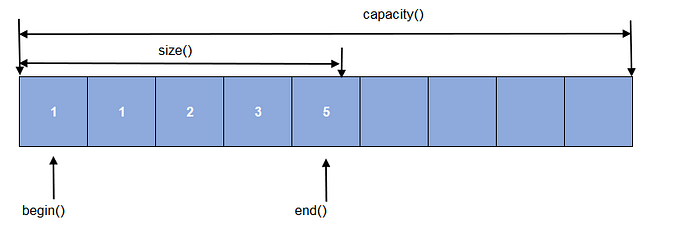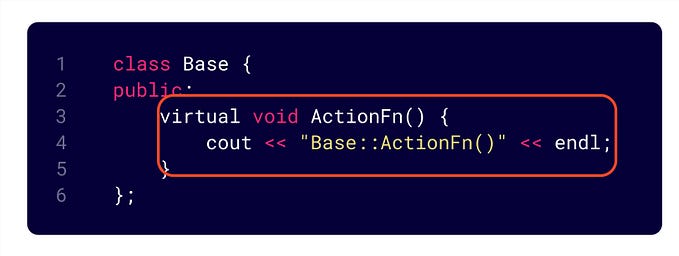Implementing the std::advance Function in C++
The std::advance function, a crucial component that facilitates the manipulation of iterators within the language. Iterators are essential in C++ for traversing and manipulating elements in containers, and the std::advance function serves as a valuable ally in this process. Designed to handle various iterator types, it provides a unified mechanism for advancing iterators by a specified number of element positions.
Whether dealing with input iterators, bidirectional iterators, or random-access iterators, std::advance adapts its approach, ensuring optimal performance across a diverse range of scenarios.
The parameters of the std::advance function play a pivotal role in its versatility. The iterator (it) to be advanced and the distance (n) by which it should move are key inputs. The function accommodates various iterator types by imposing specific requirements on these parameters. For instance, InputIterator must meet the standards of at least an input iterator, and the Distance type should be capable of representing distances between iterators of the specified kind.
The advance function is commonly used to traverse data structures and access elements at specific positions. It takes an iterator and a number of positions as parameters, advancing the iterator accordingly.
function template <iterator>:
// std::advance
template <class InputIterator, class Distance> void advance (InputIterator& it, Distance n);The algorithm for implementing the advance function can be summarized in a few steps:
- Validate Inputs:
Check if the number of positions is non-negative. If it’s negative, throw an std::invalid_argument exception to indicate an invalid input. - Advancement Loop:
Use a while loop to advance the iterator by calling the pre-increment operator (++iterator). Iterate until either all positions have been advanced or the iterator reaches the end of the data structure (using std::end(*iterator)). - Handle Edge Cases:
After the loop, check if any positions remain unadvanced. If so, it means the number of positions exceeds the size of the data structure. In such cases, throw an std::out_of_range exception to indicate an out-of-range condition.
Let’s dive into an equivalent implementation of the advance function in C++:
#include <stdexcept>
template<typename Iterator>
void advance(Iterator& iterator, int positions) {
if (positions < 0)
throw std::invalid_argument("Number of positions must be non-negative.");
while (positions > 0 && iterator != std::end(*iterator)) {
++iterator;
--positions;
}
if (positions > 0)
throw std::out_of_range("Number of positions exceeds the size of the data structure.");
}To properly solve the problem, it is crucial to have a thorough understanding of utilizing advanced functions. You may gain this knowledge by referring to the link.
The advance function is a crucial tool for moving iterators within a data structure in C++. By understanding the algorithm behind its implementation, we can effectively use this function in various scenarios. The provided C++ implementation demonstrates how to create an equivalent advance function using templates to support different iterator types. Remember to include the appropriate header files and adapt the code for specific iterator and data structure requirements.
We can find information about a template function that is adaptable to multiple types of iterators by following this link.
Following points from the C++ FAQ Lite is recommended:







